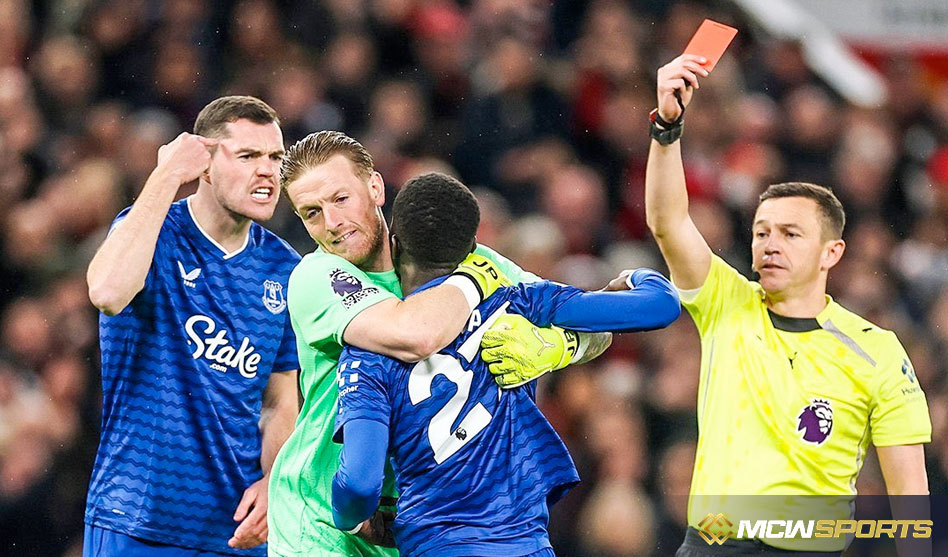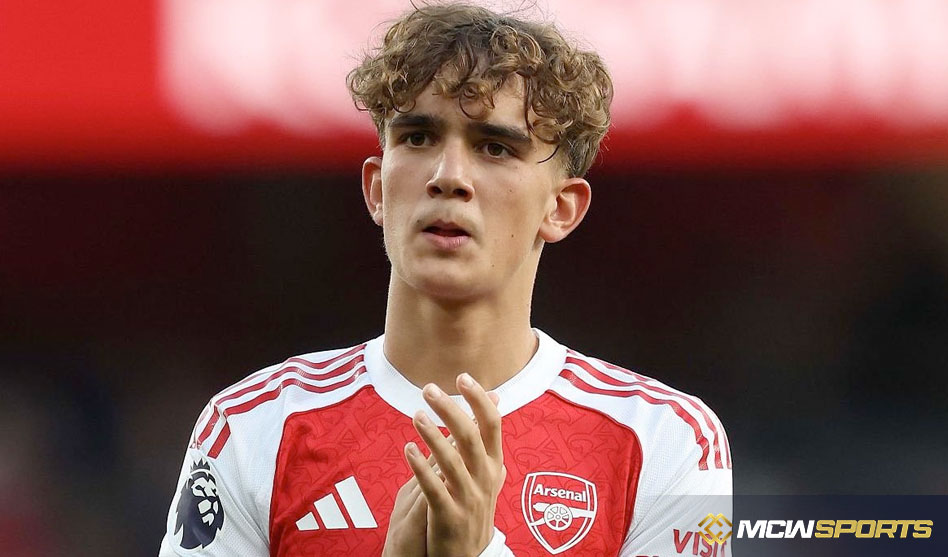This content has been archived. It may no longer be relevant
Every England manager eventually faces gravity. Why should Gareth Southgate differ from other coaches? He has already advanced our magnificent hot air balloon farther than anyone could have anticipated.
But as he rushes to get his team ready for Iran on Monday in preparation for his third big tournament in command, he must be aware that there is a solid reason why so few coaches are given the opportunity to lead three campaigns in a row. And why, when they do, things tend to go so poorly.
The majority of English managers believe that once a downturn begins, it is impossible to stop. There is nothing a manager can do to stop the process of the players, the supporters, and the media growing tired of him. After the traumatic 1990s, managers have tended to stay too long with the England squad rather than depart too soon.
It’s been a bad year for England. One year ago this week, they defeated San Marino in a match that was considered to be competitive. With three points from six games and a goalless streak from March to September, they were last in their Nations League group.
Beyond the actual outcomes, though, there has been a discernible mood change, with Southgate’s supporters losing support in Molineux and Milan. When you consider everything—the outcomes, the performances, the sense of rebellion and gravity—you start to wonder if the “Gazball” period is coming to an end. And in the end, were the 2018 semifinal and 2017 championship the pinnacles?
Ten years prior to Euro 2016, we witnessed a different manifestation of the same phenomenon: how a manager’s third tournament can ultimately expose all of the shortcomings of his tenure. As a result of a fake sheikh and sex scandals, Sven-Goran Eriksson’s England had become a celebrity circus by this stage, and the FA was compelled to declare Eriksson’s resignation prior to the World Cup.
Italia ’90, which came after Sir Bobby Robson had already been in the position for eight years, marked the first occasion in the modern period when an England manager reached a third tournament and prevailed. The fact that England’s performance in Italy seemed so implausible prior to it makes it all the more astonishing.
Before the World Cup, Robson was already fired. When news of his appointment as PSV Eindhoven’s coach emerged, he was also referred to as a “traitor” due to the harshly critical media treatment that had pushed him to accept the position. Robson and half of his England team played their final match in Italia ’90, and they improvised their way to a penalty shootout loss in the semifinals.
Therefore, Southgate’s England is battling against these significant historical factors this month. Everything we know indicates that England will find it difficult to repeat their two previous tournament campaigns. Southgate needs to find a way to not only withstand but also counteract that downward pressure. Despite everything we’ve seen of this team in 2022, he needs to demonstrate that they are actually still developing.
Joachim Low is maybe a better representative from more recent history. There are some similarities between Southgate and Low, such as the fact that both came to their current positions from within the organization rather than from the top of club football, their dedication to patient growth, their loyalty to key players, and their belief that a national team should have its own long-term ethos.
For a long time, Low gave the impression that Germany had reached the cusp of greatness but had fallen short because his team had lost the Euro 2008 final, the World Cup semifinals in 2010, and the Euro 2012 semifinals. He would have been the almost man of international football if he had left at that time.
He nevertheless persisted and won the 2014 World Cup, his fourth important competition
Maybe this should give Southgate some hope that he can continue to defy gravity and keep sailing rather than start flailing like an English Low. Southgate’s position may resemble that of Germany in contemporary football more than it does that of the other managers of England in the past.

 English
English










